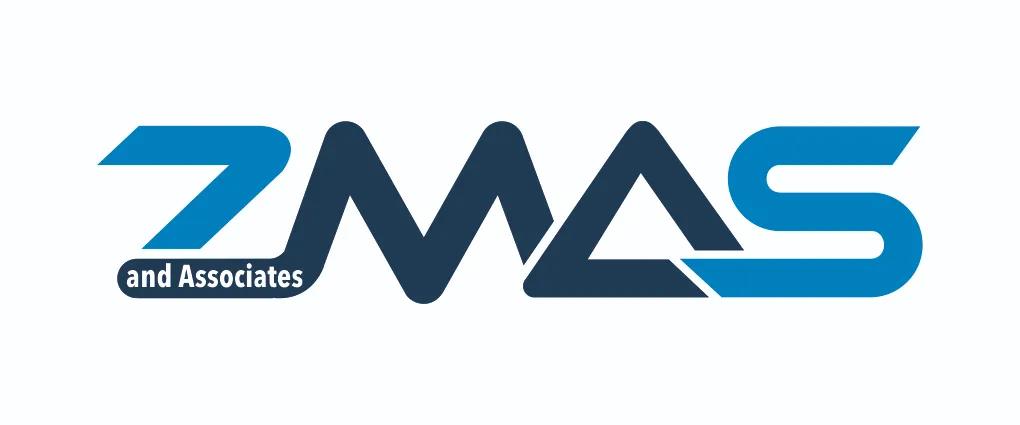In a world where corporate misconduct is exposed in real time on social media, where reputational damage spreads faster than legal consequences, and where employees expect ethical transparency—not just policy documents—whistleblower programs have evolved from compliance tools to strategic imperatives.
Table of Contents
Why It Matters Now More Than Ever
From accounting scandals and cybersecurity breaches to workplace harassment and ESG violations, today’s corporate risks are multifaceted. And while regulatory bodies like the SEBI, SEC, and others are tightening enforcement, the real power to detect and prevent wrongdoing still rests with the people inside the organization.
According to the ACFE’s 2024 Report to the Nations, 43% of all detected fraud cases were reported by whistleblowers, and organizations with effective whistleblower programs experienced fraud losses that were 50% smaller than those without.
But here’s the twist: even with protections in place, fear of retaliation, cultural stigma, and poor design still silence too many potential whistleblowers.
It’s time to rethink how we build these programs—not just as compliance checkboxes, but as living, breathing parts of ethical culture.
Principles of a Modern Whistleblower Program
-
Tone at the Top Needs to Be Real
Policies don’t drive ethics—people do. Leaders who actively endorse and support whistleblower programs—openly discussing their purpose, encouraging reporting, and acknowledging those who speak up—create environments of trust.
-
Design for Trust, Not Just Access
Toll-free numbers and email addresses are no longer enough. Today’s workforce expects:
- Mobile-first platforms that are intuitive and multilingual
- AI-enabled intake tools that route issues to the right people
- Anonymous two-way communication so whistleblowers can follow up
Trust is also built by transparency: outline how reports are handled, who sees them, and what happens next.
-
Expand the Circle of Trust
Vendors, gig workers, contractors, and customers often see things employees don’t. A good whistleblower program includes secure, accessible reporting mechanisms for external stakeholders too.
-
Protect—Don’t Punish—Whistleblowers
Retaliation remains the #1 fear. Go beyond legal compliance:
- Implement zero-tolerance anti-retaliation policies
- Create safe reporting channels directly to the board or an independent ombuds function
- Offer confidential counseling or support services where possible
Operationalizing the Program
A whistleblower program today must be tech-enabled, globally aware, and culturally sensitive. Here’s how to make it work:
Step 1: Assess the Risk Landscape
- What types of misconduct are most likely to occur?
- Which parts of your organization are most vulnerable?
- What local laws affect your program (especially in multinational operations)?
Step 2: Build the Right Infrastructure
- Decide between in-house vs. third-party managed hotlines and case management tools
- Form a response team with HR, Legal, Internal Audit, Compliance, and IT
- Establish escalation and triage protocols
Step 3: Communicate Relentlessly
- Launch campaigns to build awareness
- Include program information in onboarding, ethics training, and team huddles
- Use real-world case studies (anonymized) to build relevance and show impact
Step 4: Monitor, Report & Improve
- Track metrics like volume, type, source, and resolution time of reports
- Conduct annual perception surveys on safety and trust
- Benchmark your performance and report trends to the board or audit committee
Addressing Global and Cultural Complexities
If you’re operating in multiple geographies, consider:
- Legal restrictions on anonymous reporting (e.g., GDPR limitations in the EU)
- Cultural norms around hierarchy and confrontation
- Local languages and access issues
Localization matters. A one-size-fits-all program won’t work across borders.
Real Impact: From Reporting to Culture Shift
When whistleblower programs work, they don’t just detect fraud—they build cultures of accountability. A successful program:
- Helps leaders detect patterns of misconduct early
- Empowers employees to speak up without fear
- Increases investor and regulator confidence
- Ultimately saves money and preserves brand trust
The Role of Internal Audit
Internal Audit teams are uniquely positioned to:
- Audit the effectiveness of the whistleblower program itself
- Validate that follow-ups and investigations are timely and objective
- Serve as an independent voice in misconduct investigations
- Recommend process improvements and help identify fraud risk indicators during routine audits
Final Thoughts
Today, building a whistleblower program is not just about installing a hotline—it’s about cultivating an ethical immune system.
It requires leadership, clarity, and trust. When employees know their voices matter, when retaliation is non-existent, and when systems are thoughtfully built, organizations unlock a new level of ethical resilience—and protect themselves from the inside out.


Recent Comments